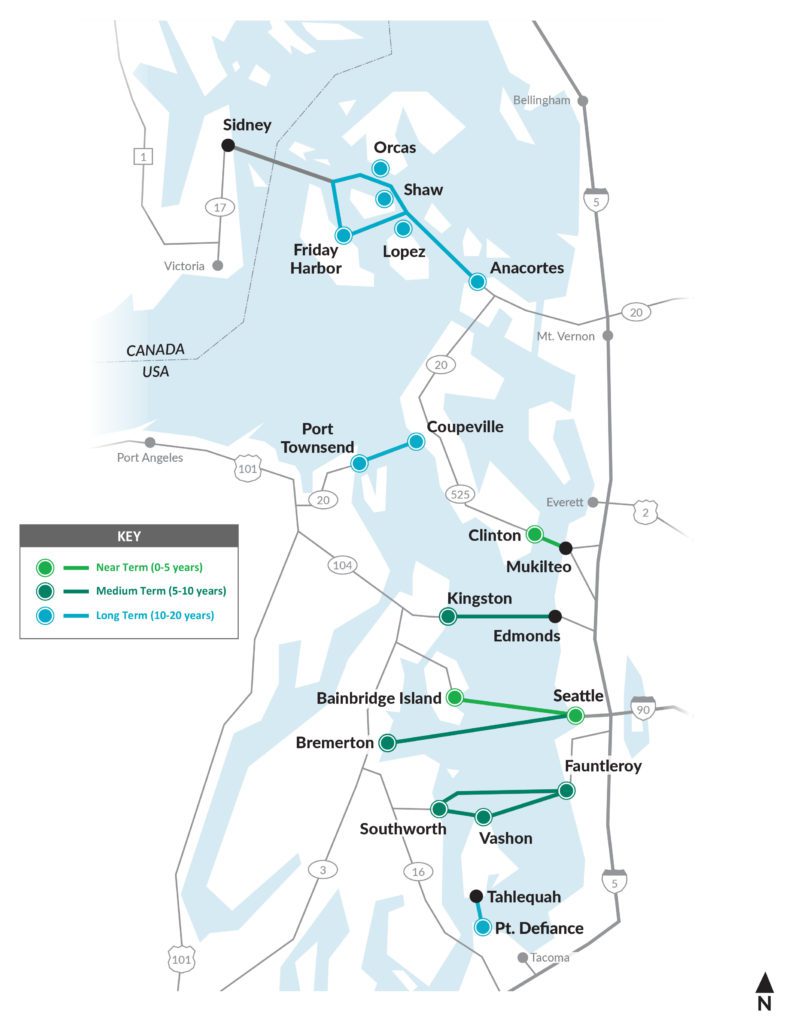Seafarers – Your Voice Matters!
ATTENTION SEAFARERS! Your Voice Matters. Take the RWMU-OUIS Work-Life Balance Survey.


Washington State Ferries (WSF) is embarking on an ambitious initiative to transition to a hybrid electric ferry system. This transition will improve local air quality and reduce greenhouse gas emissions 76% by 2040.
To shift the largest ferry system in the United States to hybrid electric, WSF is working on three key elements of the electrification system – building new hybrid electric vessels, converting existing vessels to hybrid electric, and electrifying the terminals.
WSF is currently developing the Request for Proposal (RFP) for the construction of five new hybrid electric Olympic Class (HEOC) vessels. These new vessels, along with plans for 11 additional new vessels and six converted vessels, are required to be built in Washington in accordance with state law.
To encourage collaboration among existing and future Washington maritime firms, WSF will co-host an Industry Day with Maritime Blue on October 6, 2022, in downtown Seattle from 9 AM to noon in advance of the release of the RFP.
Matt von Ruden, WSF’s Electrification Program System Administrator commented, “The development of this RFP, and future selection of a shipbuilder for these five new vessels, is an exciting milestone not only for our electrification efforts, but for the maritime industry as a whole. We look forward to working with new partners to support the development of a greener maritime industry here in Washington state.”
To learn more about the electrification program and the upcoming Industry Day, visit WSF’s electrification webpage or watch our video below.

Sign up for gCaptain’s newsletter and never miss an update

Subscribe to gCaptain Daily and stay informed with the latest global maritime and offshore news
Essential news coupled with the finest maritime content sourced from across the globe.
Sign Up